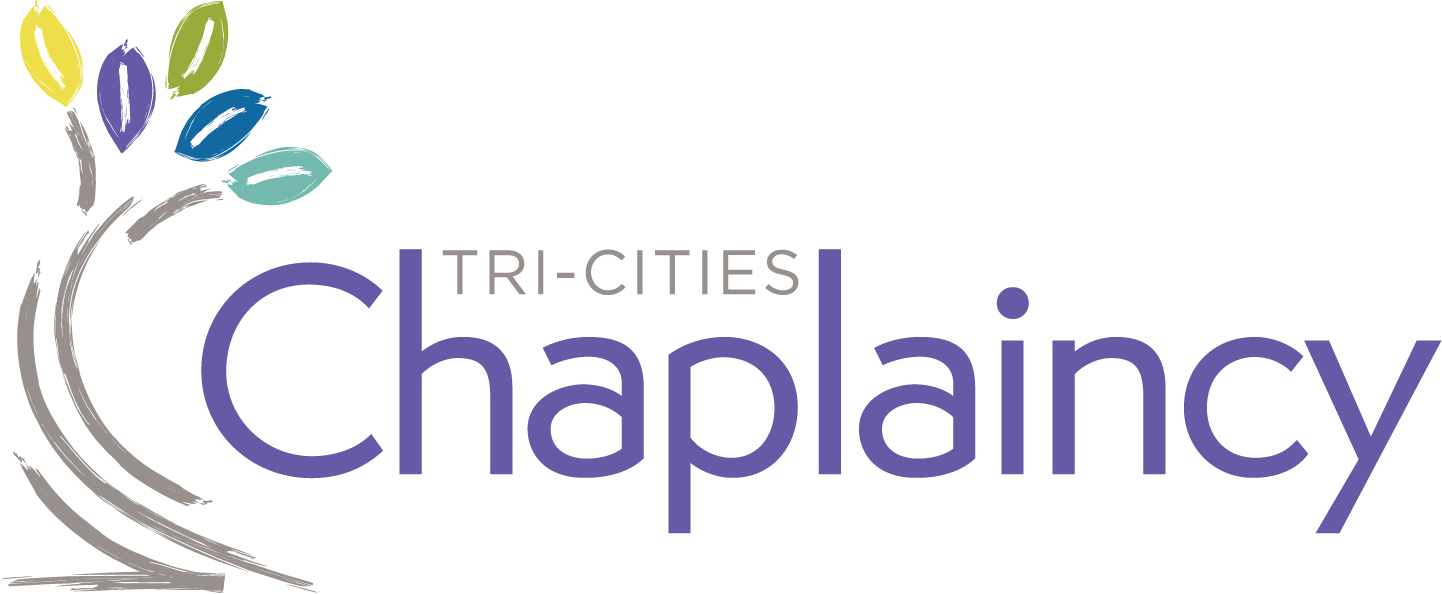The word “hospice” dates back to medieval times, when a hospice was a place where weary travelers could find shelter and temporary respite from their journeys. The modern concept of hospice is a comprehensive model of care with services specially tailored to meet the needs of people and families who are facing life-limiting illness.
While the meaning of hospice has evolved through the years, these basic values have not changed:
• People who face the end stages of their life due to illness deserve to live their final days to their fullest,
surrounded by the persons and things which they hold dear.
• Family members and friends deserve to receive the support they need to cope with the many changes
and challenges they will face.
To support and uphold these values, hospice has adopted the following philosophy and basic principles:
• Concentration of care. The focus of hospice care is on the quality of remaining life rather than only
extending life. Therefore, hospice works to provide effective pain management and symptom control. Hospice offers a coordinated program of care from the time of admission through bereavement.
Hospice trains and facilitates family and other caregivers to meet their loved one’s needs.
• Patient and family as the “unit of care”. Hospice recognizes that patients, families and caregivers will
be affected by a life-limiting illness, needing the support of the Hospice care team.
Hospice Care Team
Hospice uses a highly qualified, specially trained team of professionals and volunteers working together to meet the physiological, psychological, social and spiritual needs of persons facing the end of life and
bereavement. This interdisciplinary team includes a physician, nurse (RN), chaplain, social worker, and aide.
Access to Care
Hospice offers services and support to all people and their families regardless of age, gender, nationality, creed, sexual orientation, disability, diagnosis, availability of a primary caregiver or ability to pay.
Plan of Care
When a patient is admitted to Hospice, the interdisciplinary team will create a Plan of Care that is
specific and individualized for the patient and their family. The Plan of Care will reflect the patient’s and
family’s wishes. The Plan of Care will continually be assessed to ensure that the care the patient receives meets their conditions and needs. It will include things such as the management of discomfort and relief of symptoms and the frequency and scope of services and visits from the team.
The Plan of Care will act as a road map for the Hospice team, ensuring that they provide consistent, cohesive care.
Coordination and Continuity of Care
Hospice personnel are available 24 hours a day, seven days a week for phone consultations or home visits. Hospice services will usually be able to follow the patient if their care setting changes.
You and your family are unique, and the way in which you deal with this stage of life will also be unique. Chaplaincy Hospice Care
understands and supports your individuality. We are committed to helping you identify your specific needs and find ways to meet those needs.
We are born with the will to live. This strong drive helps you and your loved ones make each day the best it can be—filled with qualities of love, care, concern and support. Chaplaincy Hospice Care will do all we can to help you find peace of mind in your own way and in your own time frame.
